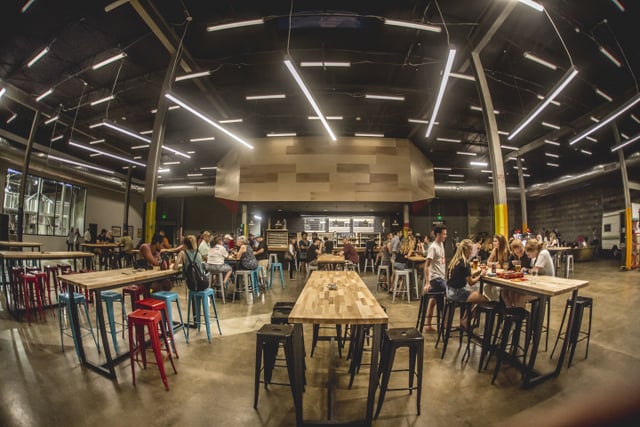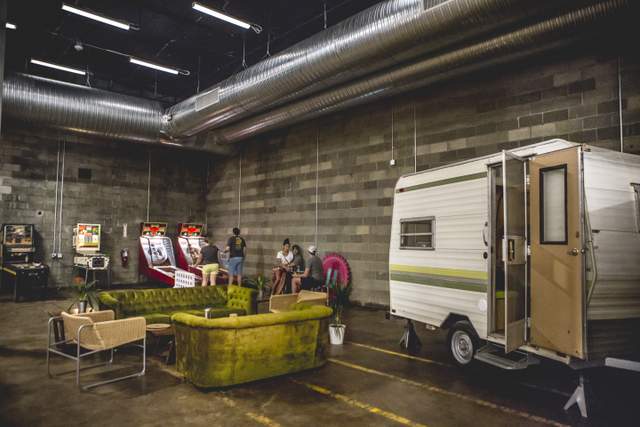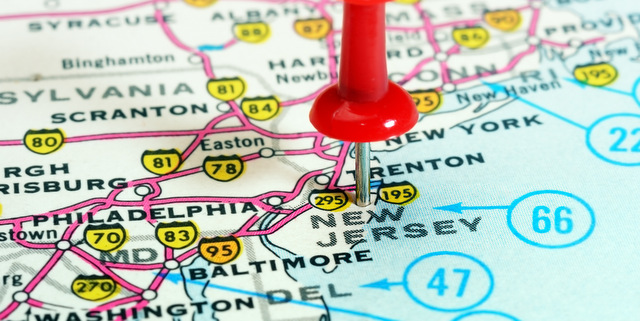
On one hand, craft breweries like to market themselves as places where the community can gather. On the other, they are also often bars that serve alcohol. So, there’s always been a weird dynamic of how children fit into that community bar concept. I constantly hear and read discussions of what’s appropriate with kids in breweries. I have a 14-month old, and any restaurant trip usually involves myself or my girlfriend chasing him — because he’s always one step away from turning into destroy boy. It’s not really that fun being a helicopter parent.
Yet, I will watch other patrons (albeit with older children) let their kids roam freely — while they sit and enjoy themselves — knowing that the walls of the establishment should keep their young ones contained.
As a proprietor of a taproom, it’s pretty much impossible to tell parents how to parent, so Baltimore’s Union Craft Brewing has changed the equation. It set a new policy to ban anyone under 21 from its taproom after 6 p.m. I found this intriguing. The brewery already had a policy that no one under 21 could be in the brewpub after 8 p.m., but it decided to make the rules stricter because of kids running around in similar destroy modes.
“An overwhelming amount of unattended children in our tap room spurred the move to change the adult swim hours,” said Jon Zerivitz, cofounder and creative director at Union Craft. “It was causing chaos, damage and general safety and liability concerns. Children wandering behind the bar, into the warehouse, lost, sprinting around the room, riding trikes inside, kicking balls around inside, destroying vintage games, crashing into customers, breaking glassware, standing, running, jumping and moving furniture. It was out of control and our staff were spending too much time dealing with children and parents. Our goal is to provide a fun environment for adults to enjoy our beer and keep everyone safe and happy. We found it increasingly difficult to provide this level of service and sustain our vision for the guest experience at Union.”
In my mind that sounds like hell, and this is supposed to be a special time for Union. The brewery recently celebrated its sixth anniversary by opening up the Union Craft Brewing facility and taproom at the Union Collective in Medfield (a former Sears Roebuck warehouse turned into a local-focused business center in Baltimore). The expansion included 43,000 sq ft for brewing, fermentation and packaging plus a 7,500-sq-ft taproom and private event space. The company moved from a 20-bbl brewhouse to a new 60-bbl system. That’s exciting! The new site allows for an initial production capacity of 30,000 bbls, expandable to over 70,000 bbls. Union founders even expect to create over 100 new jobs in the next seven to 10 years, but could this new rule affect growth?
“We feel it will affect family patronage in the short term,” said Zerivitz. “The response has been largely supportive, both from parents and the non-parents, but many parents have been very vocal about how hurt and angry they are over this. We do get a lot of families at the brewery, and there are many attentive and responsible parents that come here. Even with this 6 p.m. kid’s curfew, we still offer the most family friendly hours of any brewery in the area — noon to 6 p.m. Wednesday through Sunday.”

It’s kind of a hilarious business hurdle. Kids. Success. Families.
“Breweries and tap rooms are designed for adults,” said Zerivitz. “We make alcoholic beverages. While we do have food service from our partner kitchen inside the taproom, we did not intend to cater to children. That said, we’ve always welcomed parents to enjoy the space with their kids.”
Advice?
“Parents need to keep their kids close by and be respectful of others and our space,” said Zerivitz. “Children should never be allowed to roam free in a place where the primary function is to imbibe alcohol. It’s just far too dangerous.”





Rick Boyd says
There are several very good and valid reasons to do this and honestly, no good reasons not to. If you don’t sell food there’s no economic upside to having people in your building that can’t buy your products